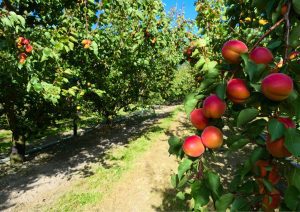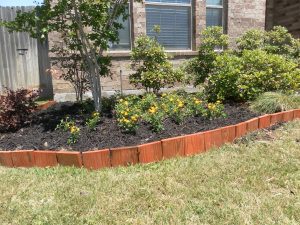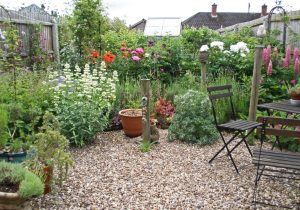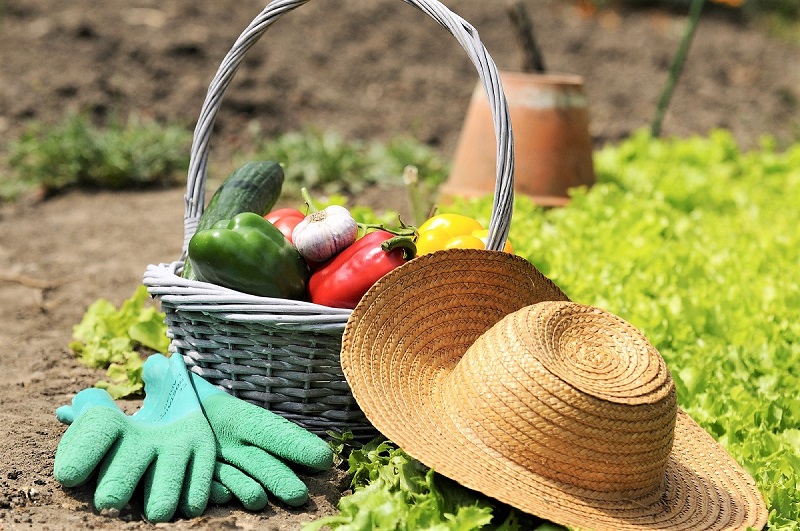
Spring permits the gardener a chance to crank up that wonderful component of the growing season ahead: the summer garden. Gardening is an easy but systematic pursuit. Timing is everything. Early spring is the moment to set the whole year into motion: the season when the garden is dug, weeded, seeded, and prepared.
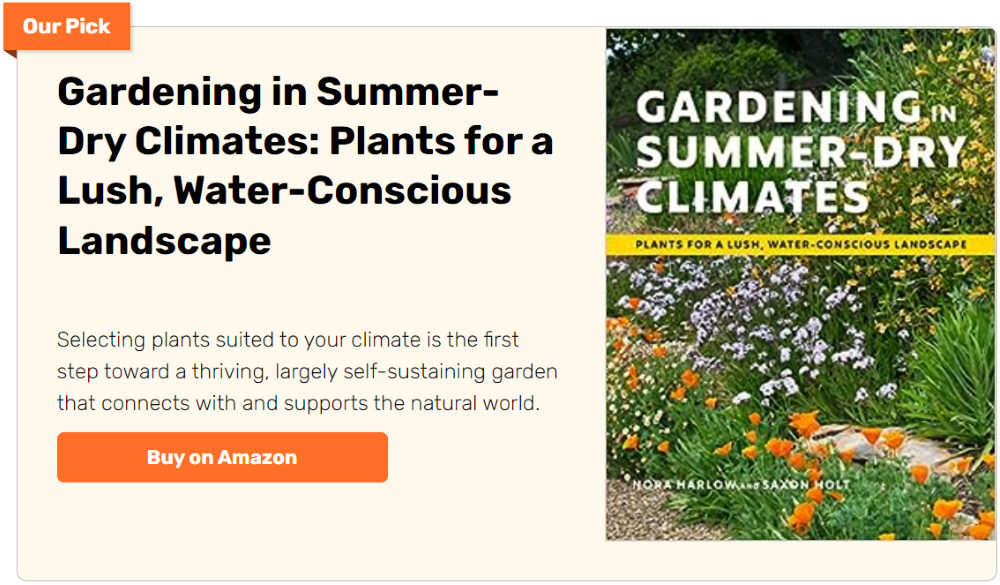
The days ahead are important for establishing the beginnings of the next phase. The warm growing season yields such treats as sweet potatoes, hot peppers, and fresh green beans. Summer also offers a chance to restart any crops that may have failed in spring. So, if spring didn’t turn out as good as you had hoped, take heart. You might still have a week or two to catch up.
Gardening in Summer
Contents
For gardeners, there is something deeply satisfying about clearing away spring’s detritus and creating a clean slate for the new season. Separate your growing beds from paths and make sure they are no more than four feet wide. Your larger beds may be depleted of organic matter and in need of soil fluffing and replenishment, too.
Below are seven tips to help you grow a better summer garden this year.
1. Protect seedlings against cutworms.
Before setting out pepper, tomato, or eggplant seedlings, wrap each stem with a 4-inch-square piece of aluminum foil. Be sure the collars are loose enough for the stems to grow. Plant the seedlings with 2 inches of foil above the soil and 2 inches below. No cutworm will be able to breach the shiny, aluminum armor.
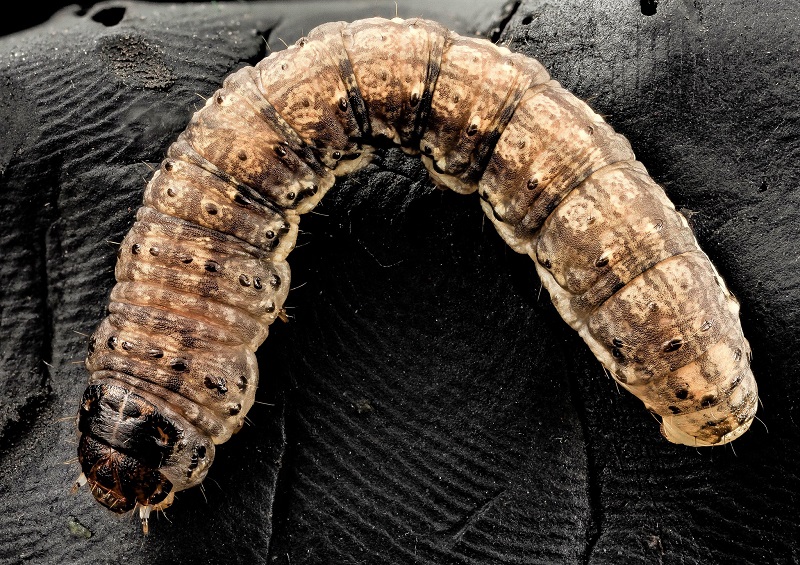
2. Get rid of squash borers.
Squash borers are a common pest in the vegetable garden, and summer is the time of year they begin rearing their ugly heads. Inspect the base of your squash vines for signs of the borers. If you see mushy, sawdust-like particles or holes in the vine, you can save the plants by digging out the squash borers. Be sure you bury the affected vines in the dirt.
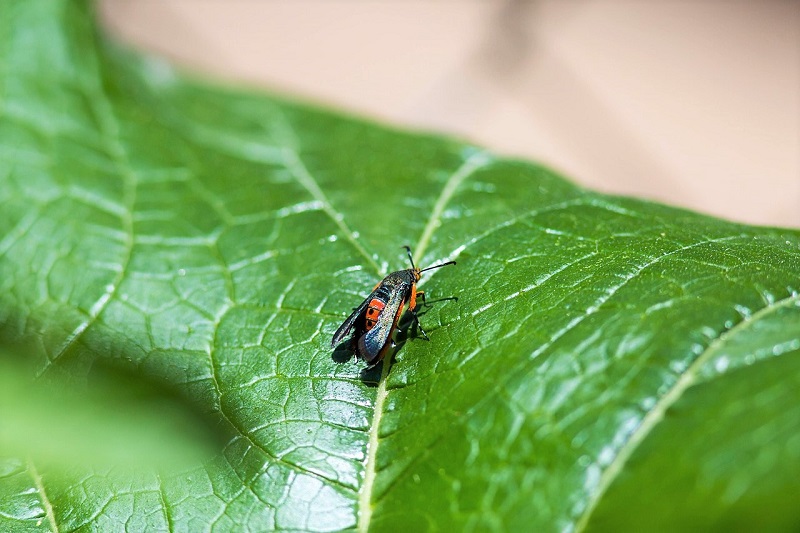
(Photo: Melissa McMasters/Wikimedia Commons)
3. Keep your plants warm on unseasonably cold nights.
If the weatherman predicts unseasonably cold nights ahead, flank your vegetable plants with something that will absorb the heat of the sun in the daytime and radiate it at night. You can use large, flat stones or excess tiles left from your kitchen renovation.
Or you can do as Reader’s Digest suggests and bend wire coat hangers into mini greenhouse frames. Simply drape the wickets with black plastic trash bags and arrange them around your warm-season vegetables for the night.
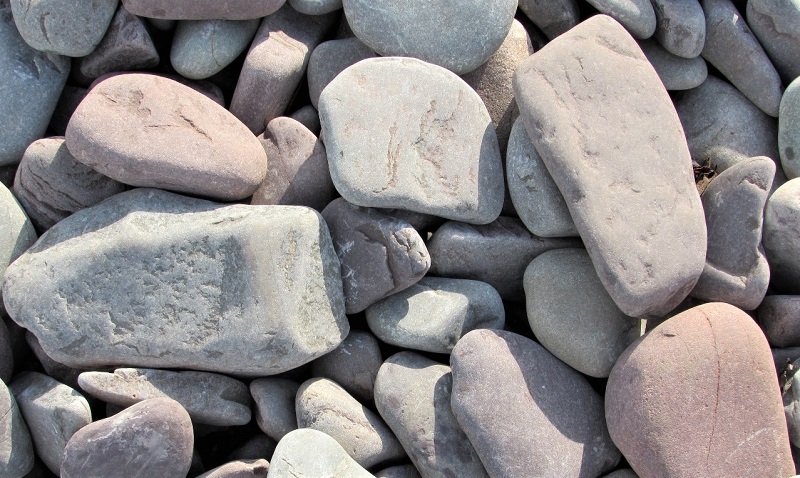
4. Harvest new potatoes.
Harvest a few handfuls of new potatoes from under still-green potato plants. You can do this by pushing aside the mulch and gently prying out the young spuds with a pitchfork. Take care to leave the plant intact. Your potato plants will continue to produce more potatoes until they die back later in the season. Keep in mind, though, that new potatoes have thin skins. You should use them in the kitchen within a few days of harvesting.
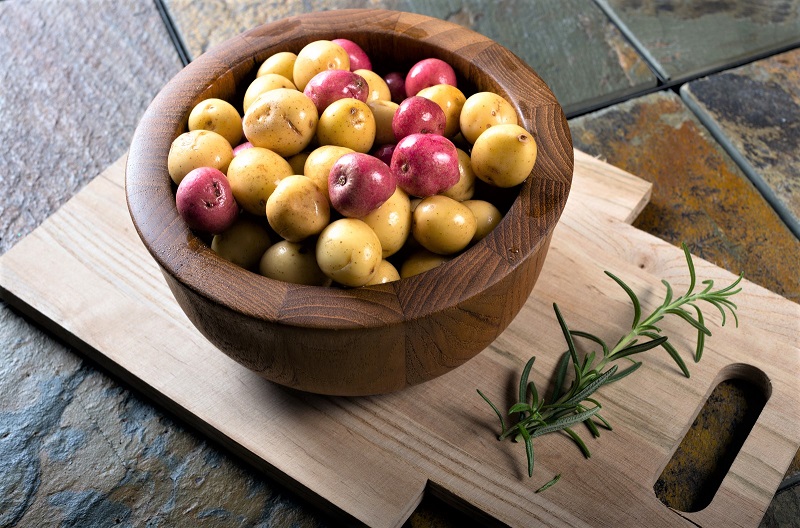
5. Keep harvesting your spring crop.
Culinary herbs and crops like pole beans and zucchini will produce more abundant yields if you pick and harvest them regularly. Do not allow mature fruits to remain too long on the plants. If you find you’ve got too much of a good thing, then, by all means, share your excess crop with neighbors. Your local food bank will appreciate fresh garden produce, too.
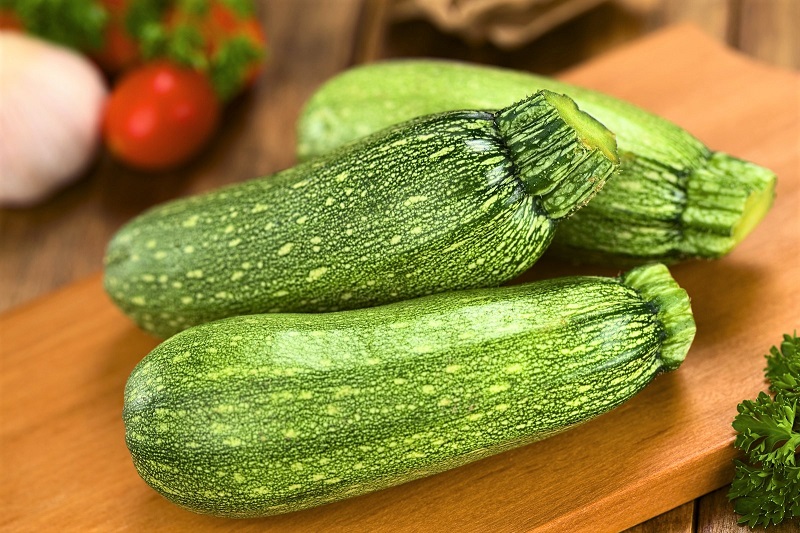
6. Keep weeds at bay.
If you have ever battled weeds, then you know how strong, persistent, and domineering they can become – especially in the summer garden. Just like vegetables, weeds get thirsty. They will compete aggressively with domestic plants and vegetables for valuable water. While you are watering in the early morning hours, make a habit of checking your vegetable rows for weeds. Throw them out of your garden before they gain a strong foothold.
Even better, apply three to four inches of mulch around your plants at mid summer to keep weeds at bay and protect your crops from the hot sun.
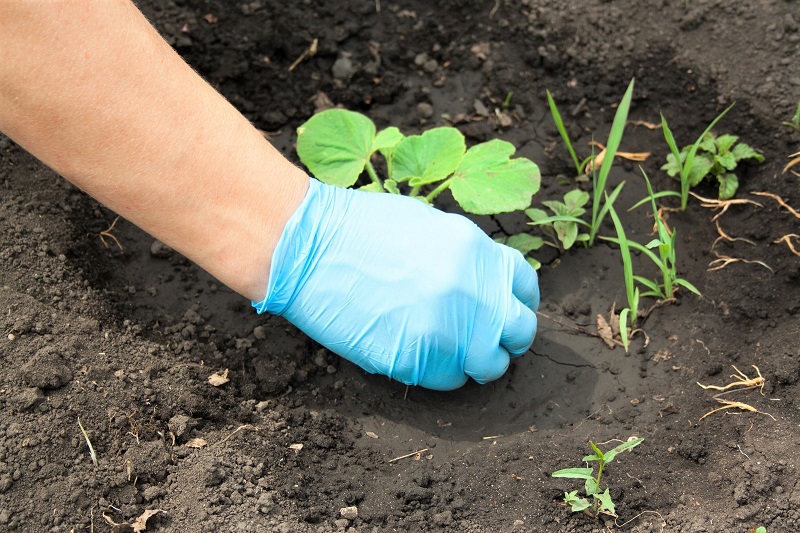
7. Water wisely – especially in hot weather.
We have said it before. We will say it again. Water wisely. If you are not an early morning person, prepare to become one this summer. Mornings are the best time to water your garden. Many plants will wilt under a hot sun, even if the soil is moist. Examine your plants in the mornings – when it’s cooler. If they are wilted, go ahead and water, and water deeply. This will encourage roots to grow deeper, allowing them to escape the hot soil surface.
Keep an eye on your containers. Plants in containers need more frequent watering than those in the ground. In hot weather, you may need to water your container plants twice a day.
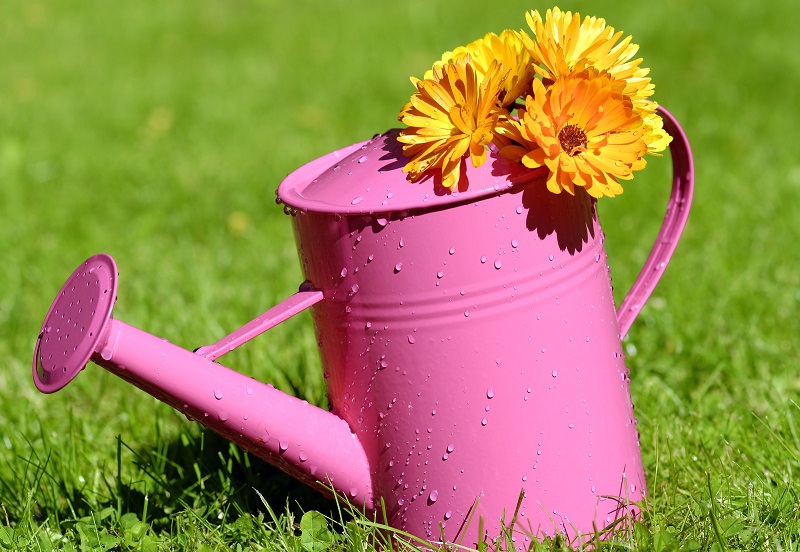
Whether you’re inviting friends and family for barbecues or taking that much-needed vacation, most people can agree that summer is the highpoint of the year. But summer is a gardening season, as well. The tips above should help you grow a healthy and productive garden all summer long.


